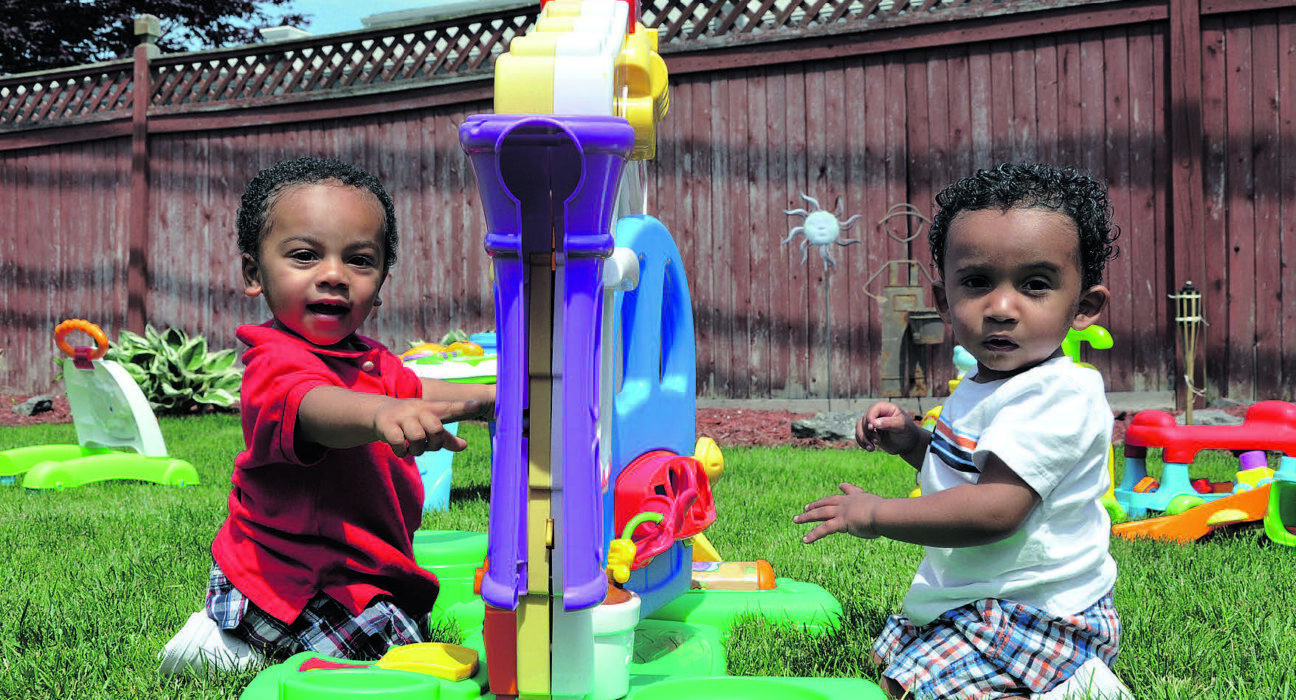This article was first published in New Vision on January 29, 2014
By Deborah Magera
Nursery education is referred to as a continual process of human development, physically, socially, emotionally and mentally from the time of conception to the initial stages of formal schooling.
During the early years, a child is guided by natural laws and learns from the immediate environment, progressing from known to unknown, from simple to complex and from concrete to abstract in developing his/her personality.
The importance of nursery education is to support the child to develop capabilities and healthy physical growth through play or other activities.
The child develops good social habits as an individual and as a member of society. Nursery education enriches the child’s experience by developing imagination, self-reliance and thinking power.
It helps the child appreciate the cultural background and customs, on top of loving and caring for other people.
Nursery education also helps the child develop language and communication skills in the mother tongue.
The task of developing and executing early childhood development programmes has been left in the hands of private entrepreneurs and a handful of early childhood specialists, yet it is fundamental to human resource development.
The production of the learning framework for early childhood development by the National Curriculum Development Centre (NCDC) was a major breakthrough and a great encouragement for stakeholders in the education sector.
The learning framework was designed to allow children to enjoy the right to development, whether at home or at a formal or semi-formal nursery school or centre. For successful implementation, it was translated into 16 local languages and it came into use in 2005.
The desired quality of nursery education in the country has not yet been achieved, partly because the service providers are not abiding by the policies set by the education ministry.
For example, many children are not being properly guided by their nursery teachers or caregivers, meaning continuous assessments are not being done well.
They employ the ‘parrot method’ of teaching and literally drill the children to pass exams to the next level. The service providers also discourage the use of local languages.
Parents, on the other hand, are more intent on the competencies of their children. For example, if the children can count, tell stories, tell time, greet others and so on, this is far better than concentrating on marks attained at the end of the term.
In addition, lack of motivation on the side of the service providers also undermines the essence of early childhood education. An increase in remuneration and provision of essential learning material is vital for the effectiveness of such policies. The Government recognises the contribution of early childhood.
development to the nation in laying the foundation for effective education, the development of the child’s potential, human resource development and related socio-economic benefits to the family and society as a whole.
Therefore, the Government ought to see the need for immediate action in this crucial area of our country’s development.
This stage of child development (conception to eight years) must be given special attention as it marks the beginning of a child’s educational development where the child’s potential is unfolded. However, a holistic approach in all the services must be taken to ensure that all the needs of the child are met.
Children who are not exposed to the learning framework face challenges in understanding the thematic curriculum.
It remains a challenge for Ugandans to lay a strong foundation for the nation by contributing to the proper implementation of Early Childhood Development.

